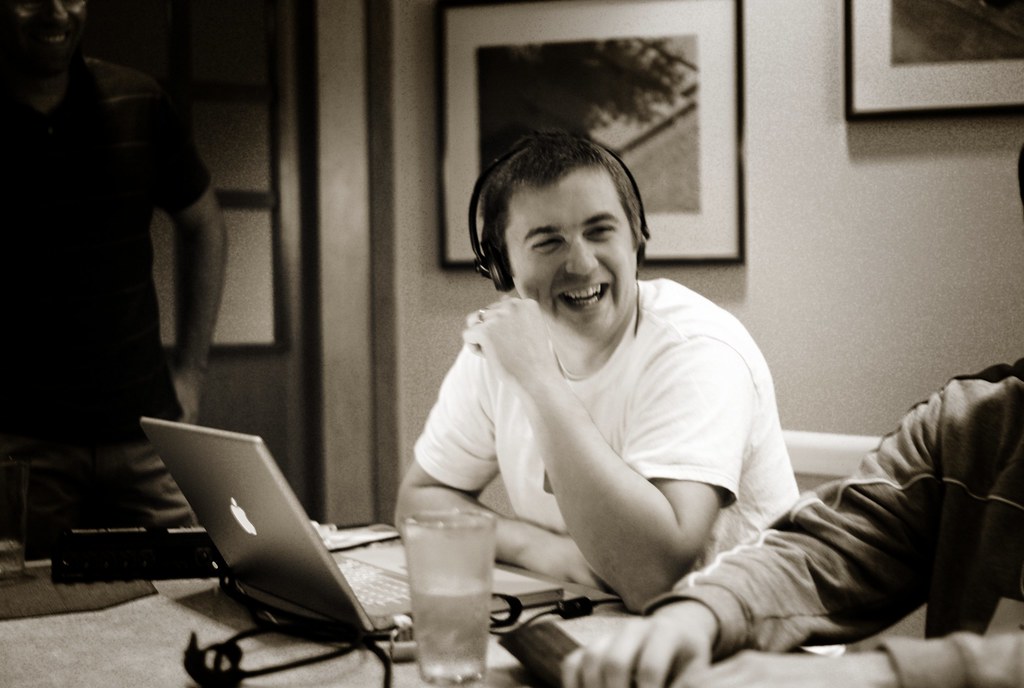The free speech rights of bloggers
I have prepared the Opinion below for a forthcoming application on the freedom of expression rights of bloggers and other new media actors to the European Court of Human Rights. My conclusion is as follows:
The special protection historically accorded to “the press” should be extended to anyone who is regularly or professionally engaged in the collection and dissemination of information, opinions and value-judgments to the public via any means of mass communication, in particular when the information or ideas that are disseminated relate to matters of genuine public interest and/or involved serious research. In relation to such matters, new media actors, like “the press” and well-known NGOs, also act as “social watchdogs” and “organs of public opinion”.
New media actors, like “official” journalists and media, must be allowed to voice “hard-hitting criticism” and use “polemic” and “aggressive” language (as long as this does not amount to incitement to hatred or violence) – if anything greater license should be granted to them in this regard because they will often not have access to professional and legal support. And new media actors, like “official” journalists and mainstream media must be allowed to report on “stories and rumours” and “public opinion” on matters of public interest, as long as those stories, rumours and opinions are “not completely without foundation”. New media actors, in particular “freelance” reporters, should not be submitted to the same demanding test for due professional diligence in carrying out pre-publication research as are applied to “official” media (although NGOs will often be properly equipped to do this, and can be asked to exercise such diligence).
However, new media actors, like “official” journalists, can be required to act in good faith: they do not have a license to defame or use gratuitously insulting or degrading language, or to report without any checks on totally unsupported rumours (or to manufacture unsupported rumours).
This should therefore be the main check on alleged “fake news” reports: they should not be taken down unless they can be shown – at least on the balance of probabilities – to be untrue, that is: that they were “without any foundation”. Where facts are in dispute, solid counter-reporting, rather than take-down, bans or prosecution, should be the remedy.
Nor should “fake” reports be confused with tendentious or slanted ones resting on dubious value-judgments; such reports should only be taken down if the value-judgments were defamatory and made in bad faith. Otherwise, they should simply be countered by more balanced judgments.
“Citizen journalists”, bloggers and social media commentators should be protected if they exercise their right to freedom of expression in accordance with the above-mentioned standards.
In my opinion, the above approach is fully in line with the case-law of the European Court of Human Rights to date – but this will no doubt soon be clarified in further cases, relating specifically to reporting by non- or semi-professional “citizen journalists” or bloggers, when they have been subject to “formalities, conditions, restrictions or penalties” for the exercise of their right to freedom of expression and the freedom inherent in that freedom, to “impart information and ideas without interference by public authority and regardless of frontiers.”
